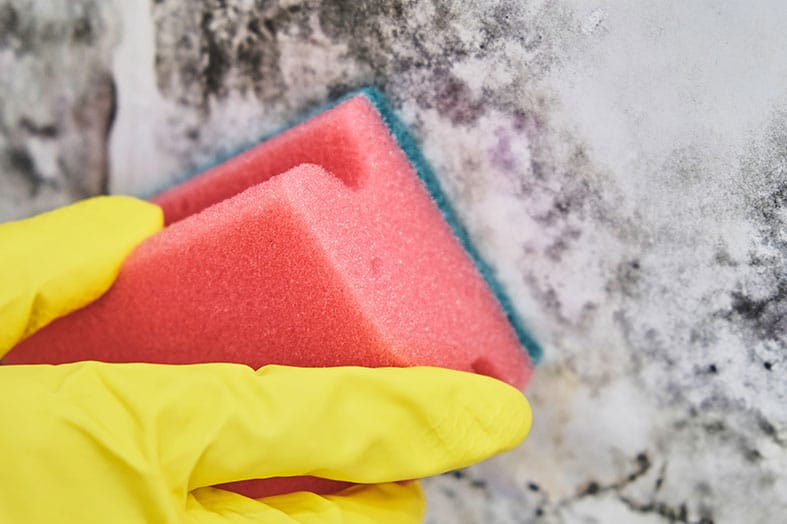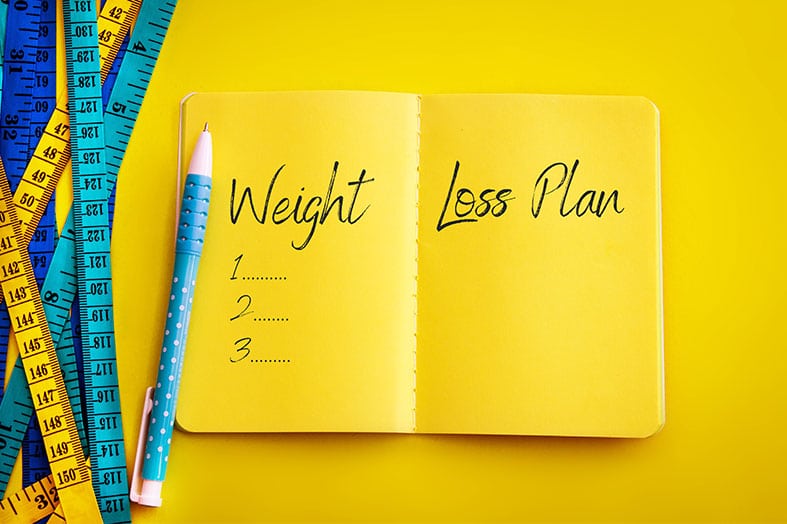Uncategorized
Madisonhealth Blog
(HealthDay News) — Mold exposure can trigger health problems including asthma, respiratory infections and allergic reactions. Mold can grow on virtually any moist surface and should never be ignored.
The U.S. Environmental Protection Agency suggests how to prevent mold and how to get rid of an existing problem:
-
- Fix plumbing leaks and other water issues as soon as possible. Dry all surfaces completely.
- Scrub mold from hard surfaces with detergent and water, and dry completely.
- Absorbent or porous materials, such as ceiling tiles and carpet, may have to be thrown away if they become moldy.
- Clean up any mold and dry surfaces thoroughly before painting. Paint applied over moldy surfaces is likely to peel.
- If you are unsure about how to clean mold off an item of special value, consult a specialist.
Copyright © 2018 HealthDay. All Rights Reserved.
(HealthDay News) — Stress is a function of the demands placed on people and their ability to meet them, the Nemours Foundation says.
Stress affects anyone who feels overwhelmed, including children. Signs of a stressed child include mood swings, acting out, changes in sleep patterns or bedwetting, the foundation says. Additional signs may be stomachache, headache, trouble concentrating or appearing withdrawn.
Nemours suggests how to help your child manage stress:
-
- Make sure the child gets enough sleep and eats a nutritious diet.
- Set aside time each day to speak with your child.
- Don’t force a child to talk about what’s bothersome.
- Anticipate and prepare the child for stressful situations.
- Use a character in your child’s favorite book to identify a stressful situation and to learn how the character worked things out.
Copyright © 2018 HealthDay. All Rights Reserved.
(HealthDay News) — Teens typically have a significant increase in appetite around the age of 10 in girls and 12 in boys, the American Academy of Pediatrics says.
During adolescence, boys require an average of 2,800 calories per day and girls an average of 2,200 calories per day. Hunger typically starts to subside once teens stop growing, the academy adds.
But taller teens and those who play sports may require more calories into late adolescense, the doctor’s group says.
Copyright © 2018 HealthDay. All Rights Reserved.
(HealthDay News) — A hysterectomy may be recommended for cases of uterine fibroids, endometriosis, pelvic support problems, abnormal uterine bleeding, chronic pelvic pain and gynecologic cancer, the American College of Obstetricians and Gynecologists says.
Hysterectomies can be done vaginally, abdominally or laparoscopically. Vaginal hysterectomies tend to cause the fewest complications, the college says.
The procedure does carry potential risks, the college adds, including:
-
- Fever and infection.
- Heavy bleeding during or after surgery.
- Injury to the urinary tract or nearby organs.
- Blood clots in the leg that can travel to the lungs.
- Breathing or heart problems related to anesthesia.
Copyright © 2018 HealthDay. All Rights Reserved.
Showing 157-168 of 169 results












